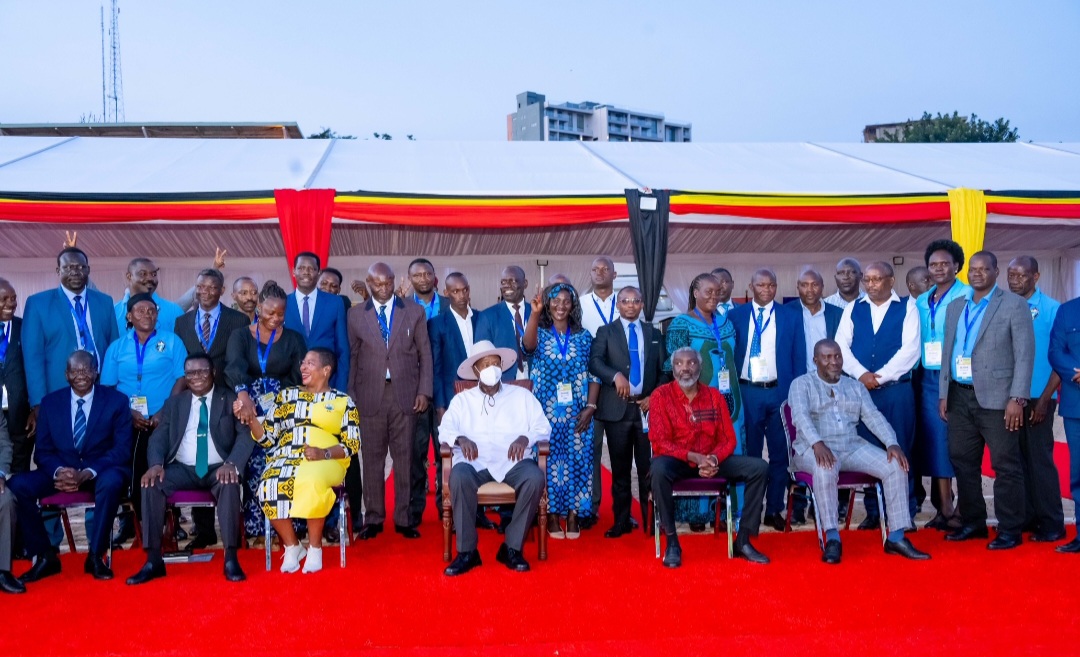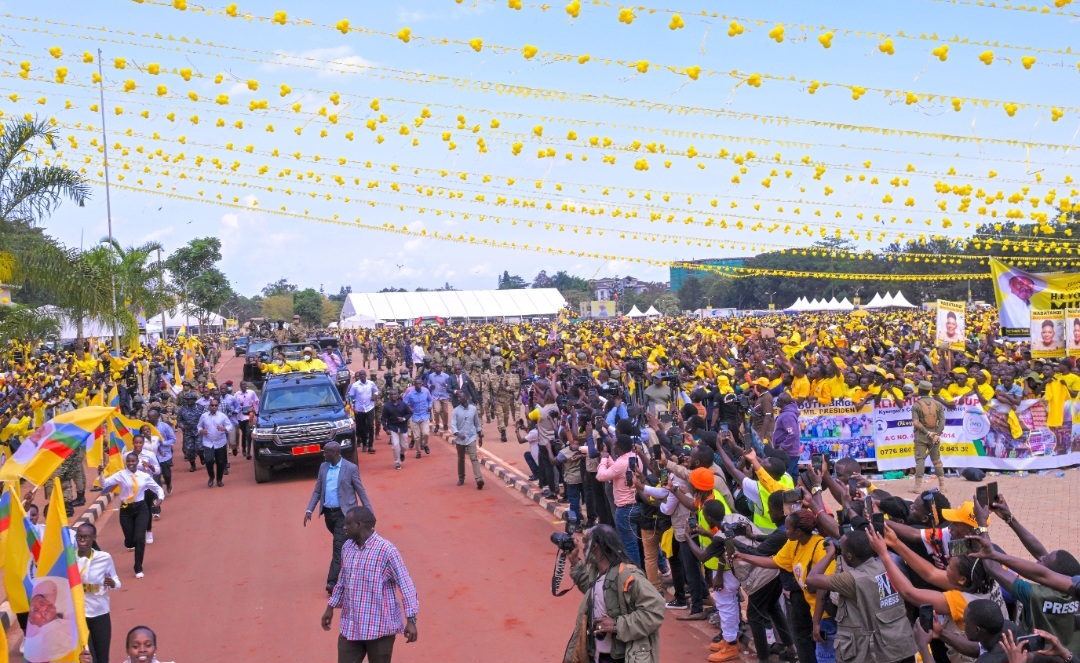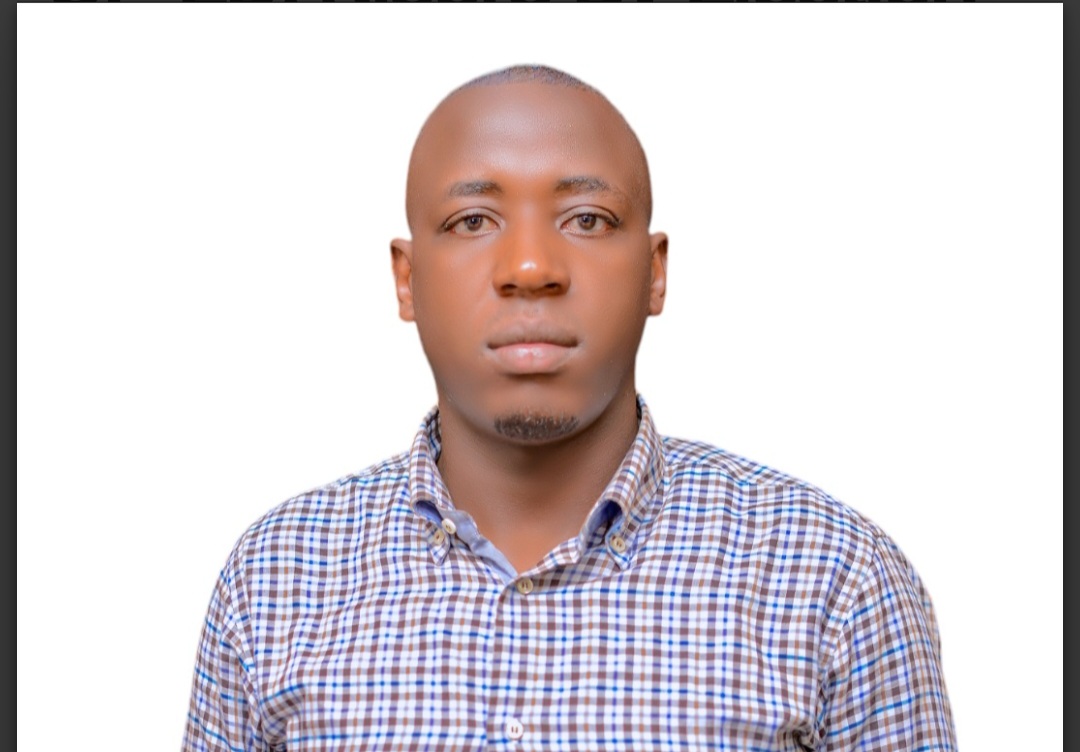Last Friday’s summit of the Inter Party Organisation for Dialogue (IPOD) held at Kololo Independence Grounds in Kampala, attended by, among others, President Yoweri Museveni, is a harbinger of good news as we head full throttle into the campaign season. Recalling the tense 2021 elections powered by external interference backing an amateurish and extremist opposition front, leading to violent episodes that nearly shattered Uganda’s democratic infrastructure were it not for a robust state set-up and the resilience of Ugandans, we can only say “no!” to a repeat of the same.
Convened under the theme “Together for a Peaceful and Sustainable Uganda,” the summit brought together Presidents and Secretaries General of the National Resistance Movement (NRM), Democratic Party (DP), Uganda People’s Congress (UPC), Forum for Democratic Change (FDC), Justice Forum (JEEMA) and the People’s Progressive Party (PPP), parties with representation in Parliament.
These distinguished leaders deserve commendation for putting Uganda first even as they preserve their diverse party political agenda. There is nothing about IPOD that compromises the integrity of participating parties. Instead, it raises their credibility as statesmen and stateswomen, graciously sitting with their rivals and discussing the grand national agenda.
As the summit business progressed, there were side commentaries in some public spaces criticising the arrangement. They attacked the opposition party leaders for being seen with NRM leaders, concluding that this as a sign that they had been compromised even as some are challenging Museveni for the presidency, such Nandala (FDC) and Akena (UPC). These are the same groups that are full of praises for leaders from across the political spectrum in other countries meeting, shaking hands, hugging and sharing an occasional meal. Then, it’s “political maturity” and a qualification for “democrat status” but when the same happens in Uganda, then those attending are dismissed as sellouts. Double standards, and an extremely amateurish view of national politics!
IPOD activities are public and transparent. Unless one has a weak backbone and is unfit to be a leader, there is nothing to fear. Rather, there is a lot to lose in terms of public trust and confidence that one can deliberate with rivals without losing one’s principles and purpose.
At the summit, President Museveni, who spoke in his dual capacity as NRM National Chairman and IPOD Summit Chairman, best brought out the relevance of the IPOD arrangement. He noted that Uganda’s progress depends on leaders diagnosing societal challenges correctly and applying peaceful solutions rather than resorting to subversion, violence and divisive politics. He urged opposition leaders to adopt peaceful methods of engagement, emphasizing that mistakes in governance can be corrected over time if the country remains stable.
He argued that Africa’s biggest tragedy stems from both wrong diagnoses of societal problems and the use of violent methods.
“That is how chaos arises in many African countries. Even when you make mistakes, if there is peace, there is room for correction. But when you combine wrong ideas with violence, you get a total breakdown,” he guided.
The President then turned over the IPOD leadership to Mao, the DP president.
Anybody uninterested in the IPOD agenda is not for Uganda. Democracy alone is for IPOD, seeing as more parties that are eligible are participating than those that are not-NRM, DP, UPC, PPP, FDC, JEEMA: NUP, 5:1!
NUP only wants the buttered side of things (money) but not the work of uniting Ugandans and building a stronger, coordinated front for transformation. Good enough, controls have been put in place to stop this indirect corruption of NUP getting funds for a forum whose activities they don’t participate in. This is tax payers’ money. As they always demand for evidence of work done and accountability on the rest of the Government, so should they also account for why they deserve IPOD support.
NUP’s attitude reveals an authoritarian standpoint. If they took charge of government, they would lockout everyone else and run affairs of the nation singly, with an isolationist policy, starkly opposed to Museveni’s accommodative style. Ugandans should see this contrast clearly!
Preferring addressing grievances to foreigners and the media, while skipping formal opportunities where matters can be raised, minutes are taken and timelines to address those matters are set, is a sign of ignorance of statecraft.
There is no difference between participating in elections where candidates of other parties are also vying and being active in IPOD programmes. If they had their own elections, their own Parliament and government system, we could say they are “independent” of Ugandan affairs. But if it’s about politics of plurality in Uganda, they can’t have it both ways.
As nominations for the presidency, Parliament and local councils conclude and the campaigns get underway, the IPOD spirit should fill the national conscience. Elections are not war, but a contest of ideas and policies, with the voter reserving the power to decide who wins and leads. Say no to “ghosts” of defiance, isolationism, provocation and violence!
The author is the Special Presidential Assistant-Press & Mobilisation/Deputy Press Secretary
Email: faruk.kirunda@statehouse.go.ug
0776980486/0783990861
Do you have a story in your community or an opinion to share with us: Email us at Submit an Article









